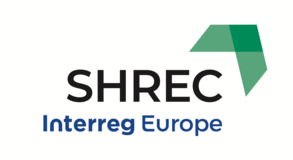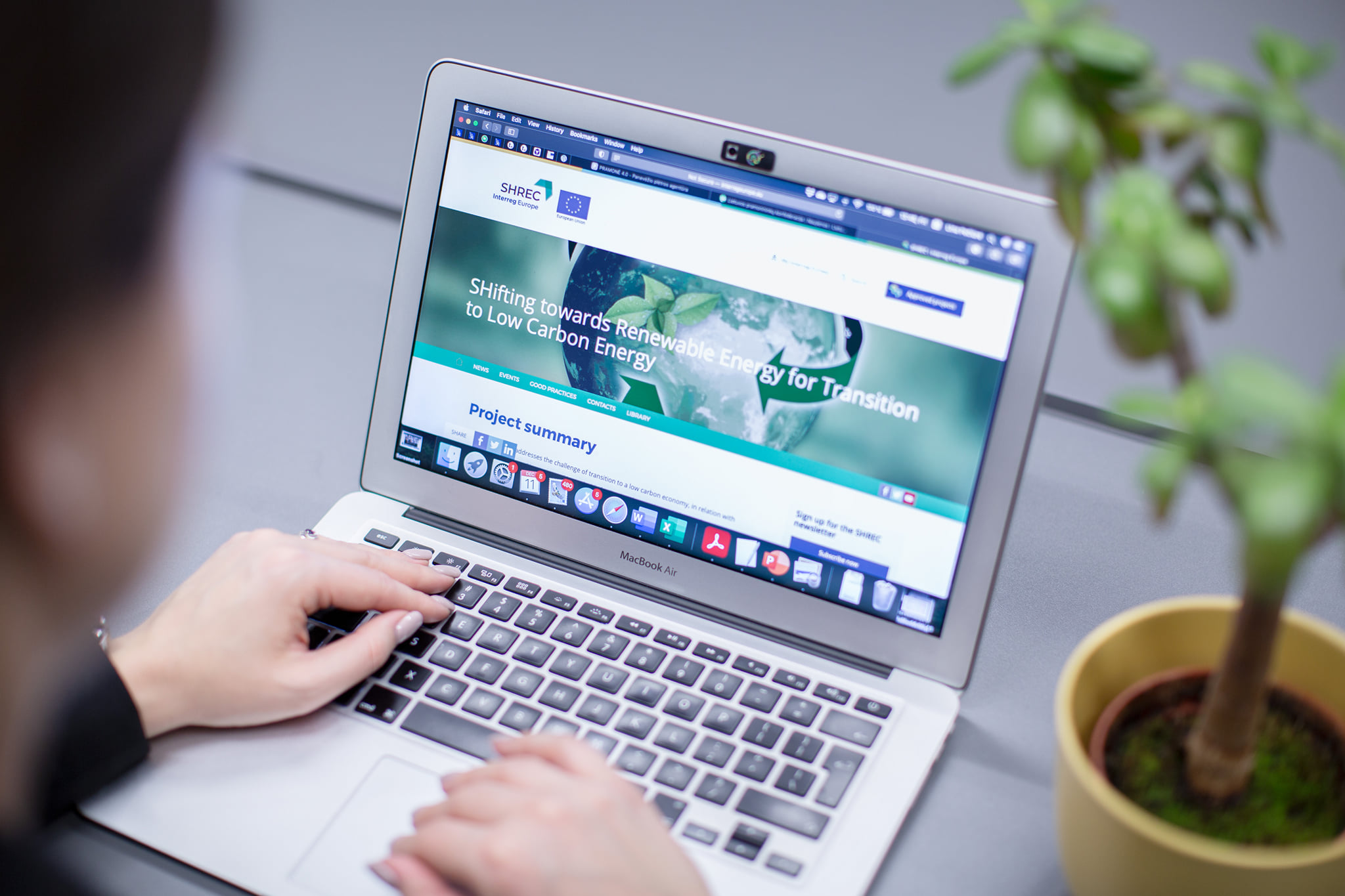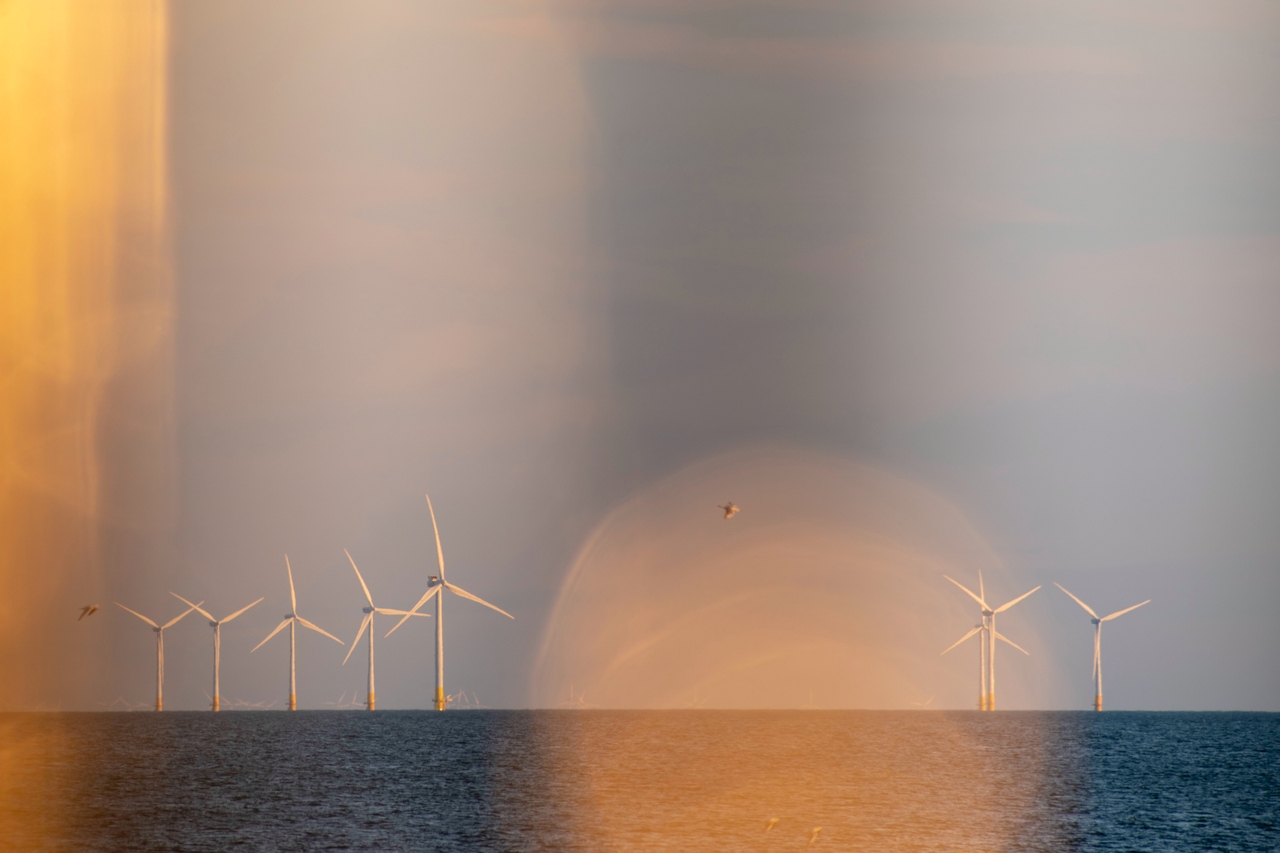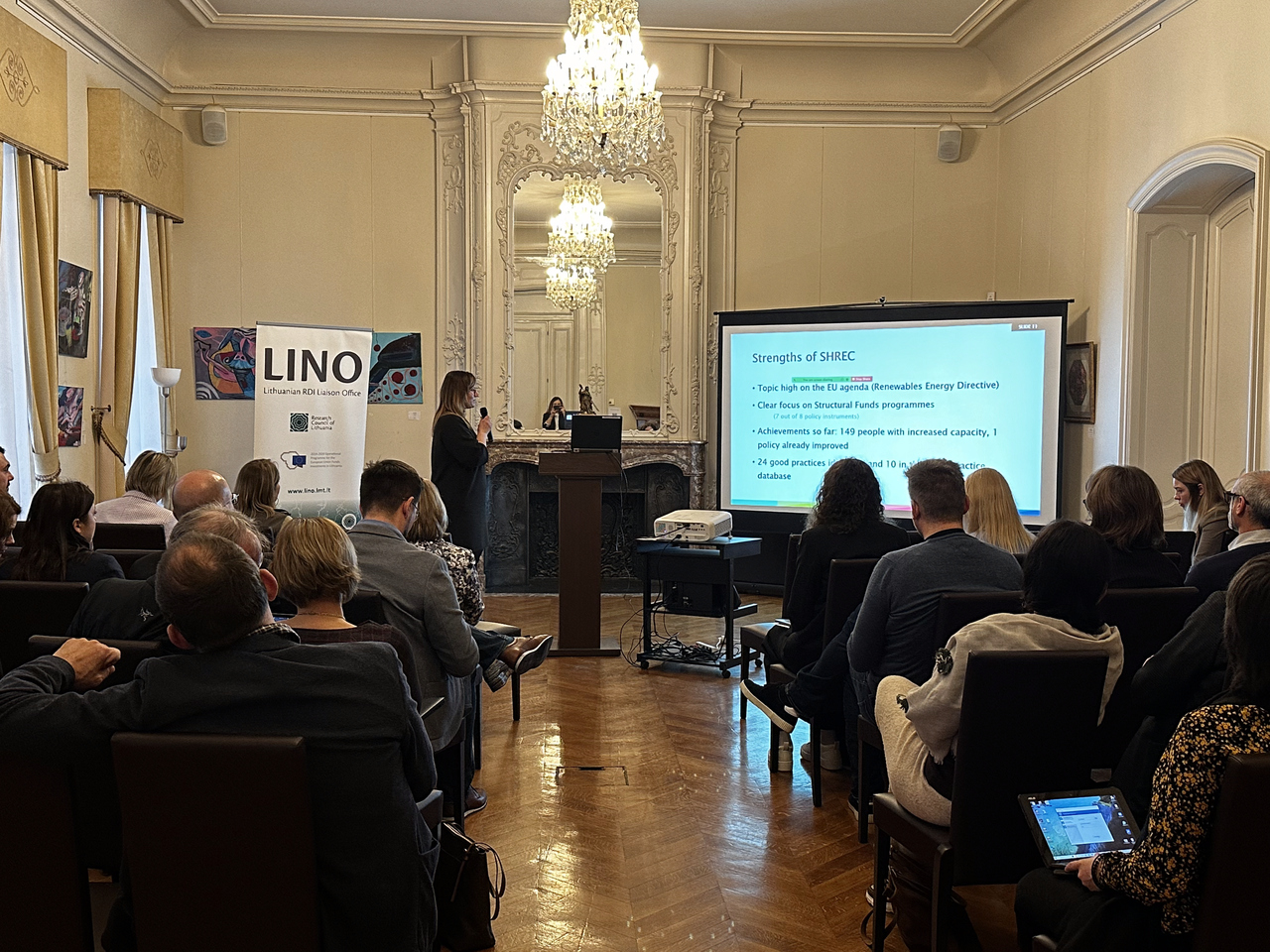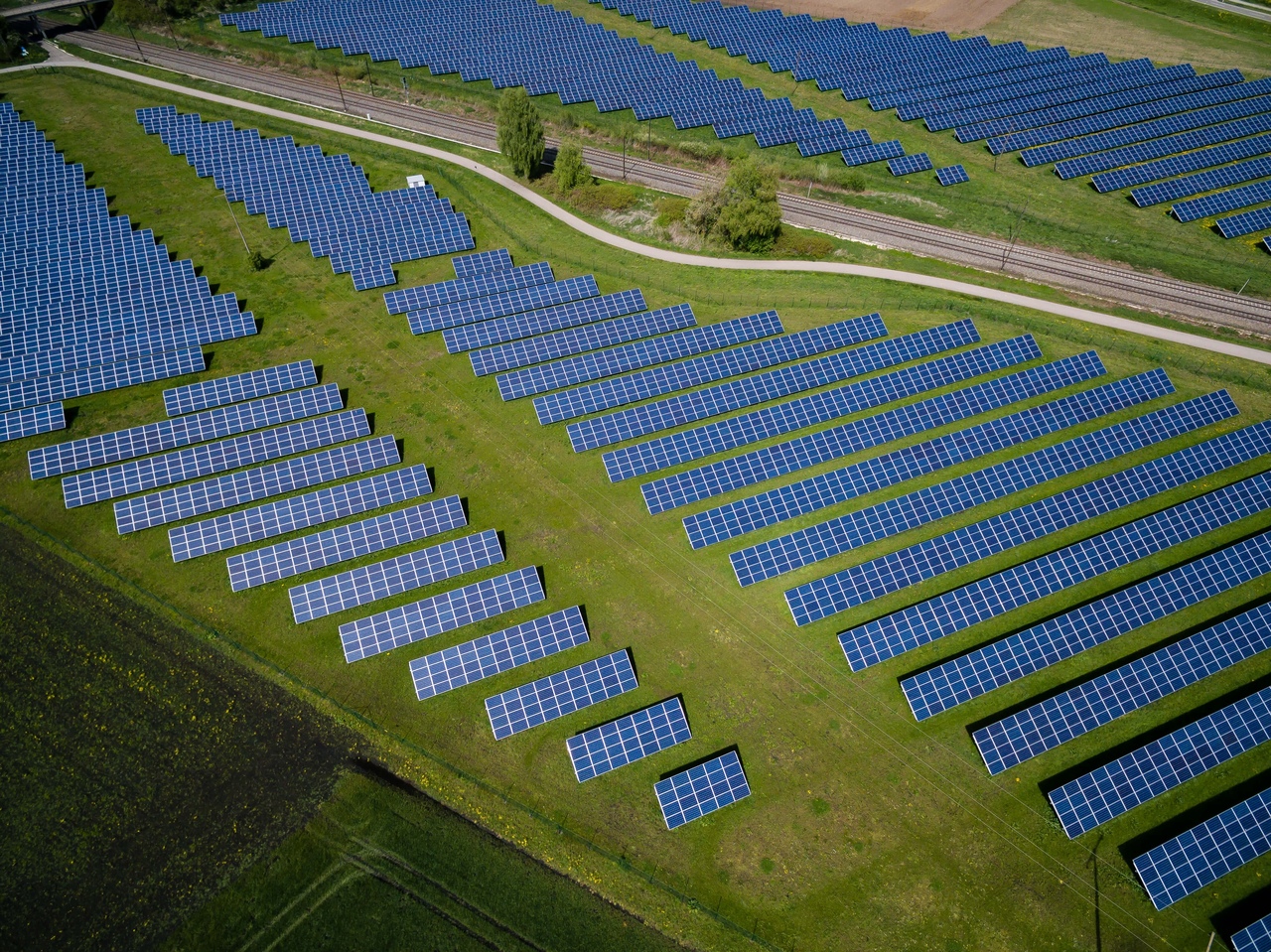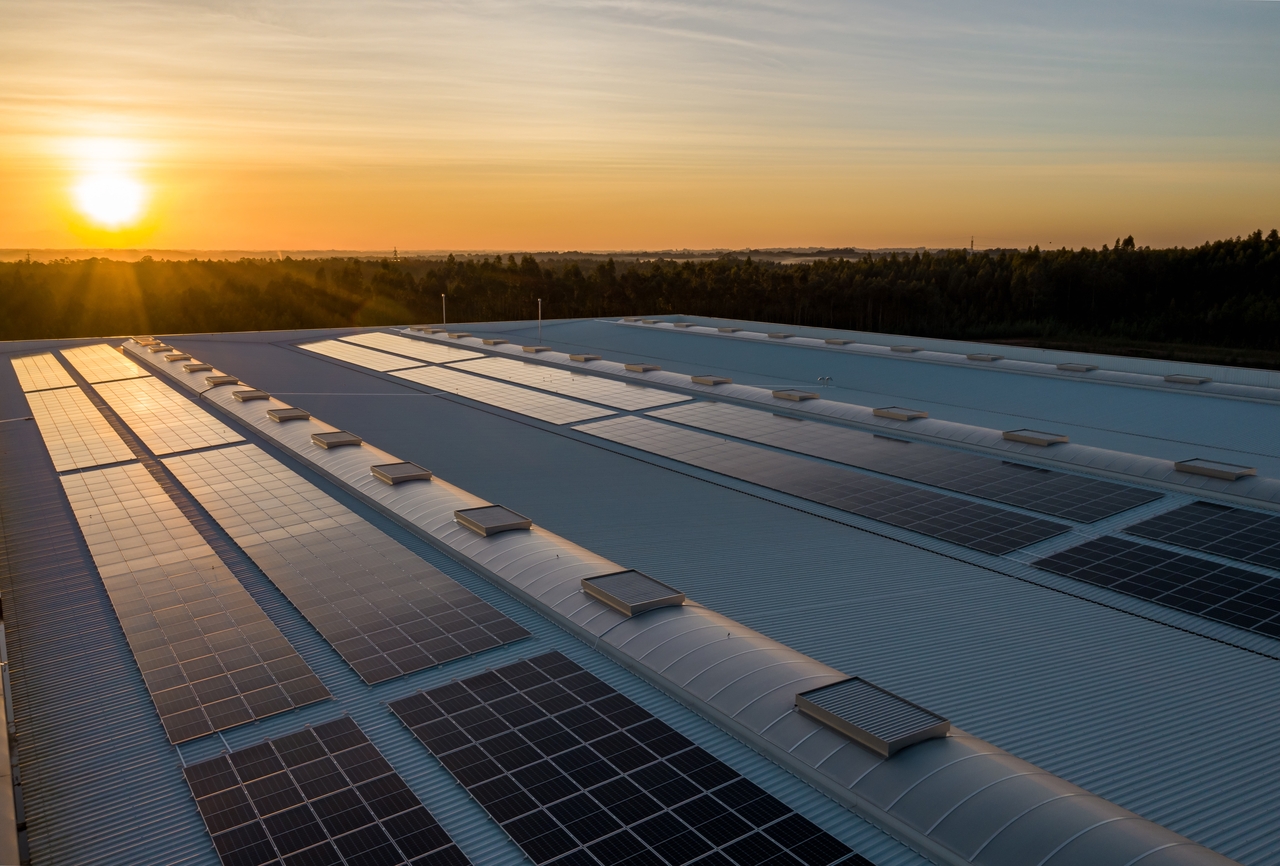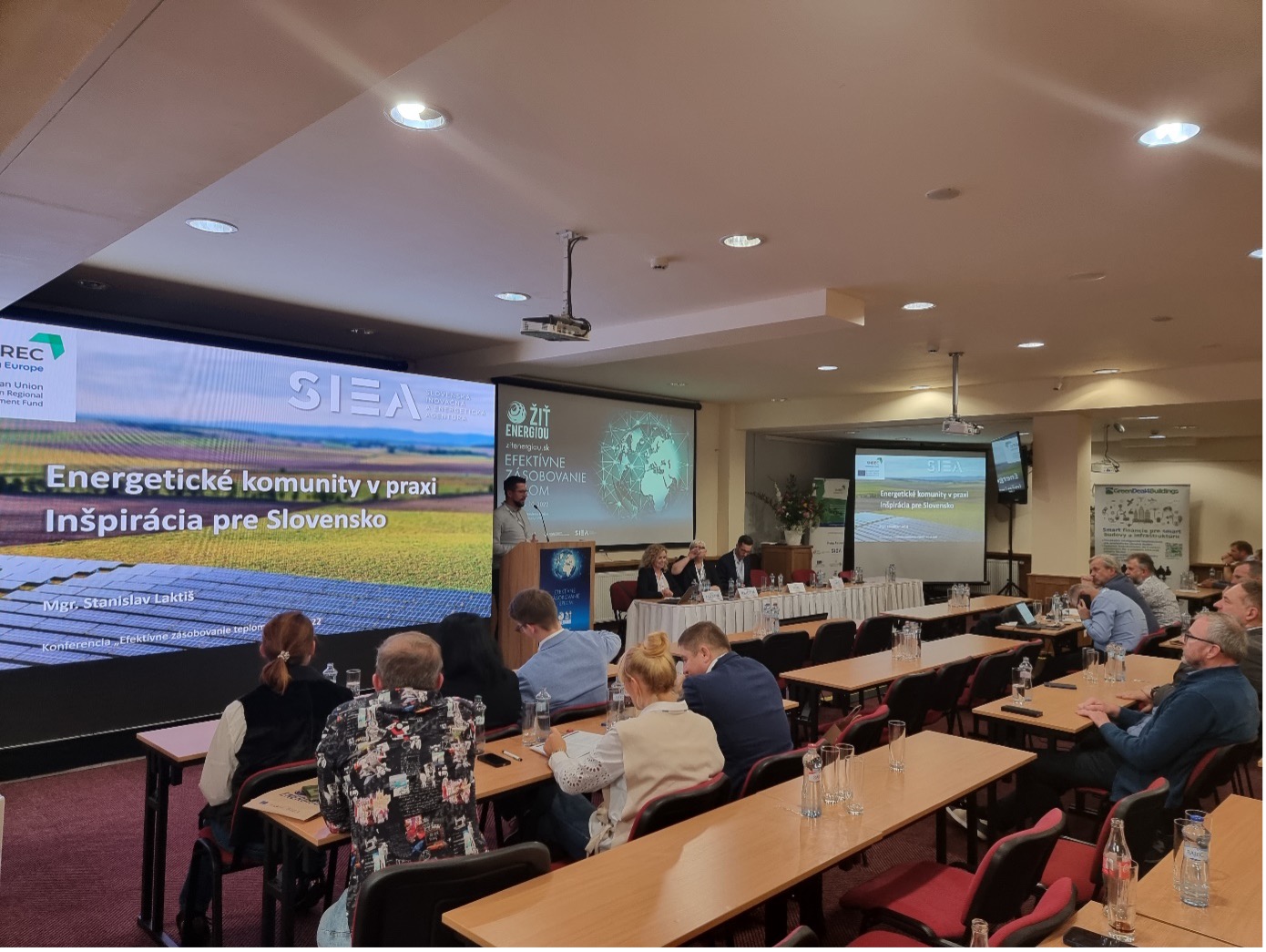Adapting to the nowadays situation with the global pandemic and new working environment challenges, SHREC partners met online on March 19th in order to discuss and analyse the energy transition in different European regions, which is so important in today's context.
Energy transition in the EU Context
In December 2018, the revised renewable energy directive 2018/2001/EU entered into force, as part of the Clean energy for all Europeans package, aimed at keeping the EU a global leader in renewables and, more broadly, helping the EU to meet its emissions reduction commitments under the Paris Agreement. The new directive establishes a new binding renewable energy target for the EU for 2030 of at least 32%, with a clause for a possible upwards revision by 2023.

Virtual meeting of SHREC partners
In this context, SHREC project addresses the joint challenge in partner regions of transition to a low carbon economy, in relation with renewable energy use of business and households facilitating them to invest in low-carbon, renewable energy measures reducing CO2 producing activities and shifting to activities with low CO2 footprint. The SHREC project is tackling especially issues on how to influence the renewable energy production and consumption by business, communities and households. One important milestone of the project is the regional analysis on national and regional policies in regard to renewable energy consumption in order to improve it.
Regional Analysis of National and Regional Policies
The regional analysis performed within the framework of SHREC project aims to investigate the national and regional policies deployed in the partner countries and regions order to increase the share of energy from renewable sources in the overall energy mix. Thus, the analysis investigates the current status of partner countries and regions in achieving EU objective in regard to renewable energy – at least 32% from energy consumption to be from renewable sources.

Partner presentations on the regional analysis during the virtual meeting: Lithuania
In this regard it presents the renewable energy potential in each country and region and it further investigates the mix of policies deployed by national, regional and in some case local authorities in order to be able to reach the 2030 EU objective on renewable energy. It also aims to identify the awareness of citizens and their active involvement in defining and implementing more appropriate policies, agreements and initiatives that will encourage and facilitate the production and use of renewables by businesses, communities and households aiming at less carbon intensive energy future.

Partner presentations on the regional analysis during the virtual meeting: Piemonte region
A first draft of the regional analysis has been presented within the online meeting that took place on March 19th, 2020. This was an opportunity to discuss and find different national and regional approaches in promoting initiatives to increase renewable energy production and use and also to identify the best practices for future.
